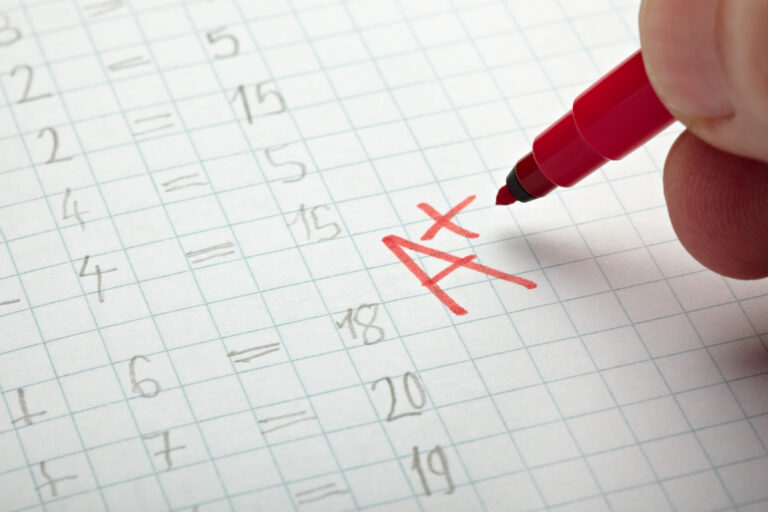A new Gallup-Learning Heroes poll reveals a stark mismatch between what U.S. parents believe about their children’s academic performance and reality.
While 90% of parents think their kids are at or above grade level in key subjects, federal data shows about half of U.S. students begin the school year behind in at least one subject.
By the numbers: 88% of parents believe their child is on grade level in reading, and 89% in math.
- In contrast, the National Assessment of Educational Progress shows that student performance in these areas has significantly dropped since the pandemic.
Why it matters: The disconnect is further emphasized by the differences in parental engagement based on their awareness of their child’s academic struggles. Parents who recognize their children are behind academically are more likely to discuss these issues with teachers and prioritize academic concerns.
Between the lines:
- Report cards, a mainstay in gauging student performance for parents, are proving to be insufficient. They often reflect classroom behavior and participation more than actual mastery of content.
- Black and Hispanic parents are less likely than white parents to report their children as performing at grade level.
What they’re saying: “The traditional grading system, while familiar, often masks the true academic performance of students. It’s imperative that we shift towards more equitable and effective methods of grading that accurately describe a student’s understanding of course content, without consideration of factors like extra credit, punctuality, attendance, handing in assignments on time, their performance on homework practice, and class participation–all of which can inflate or deflate grades. It’s time our grading caught up with our current ways of teaching and assessing students,” says Joe Feldman, author of ‘Grading for Equity‘ and CEO of Crescendo Education Group.




